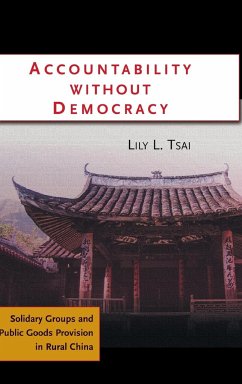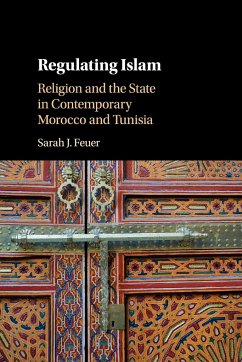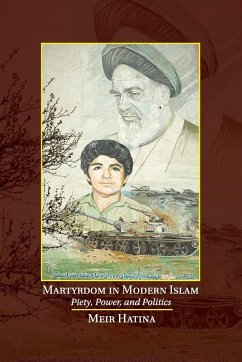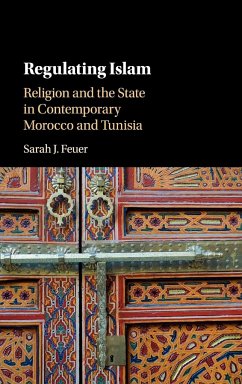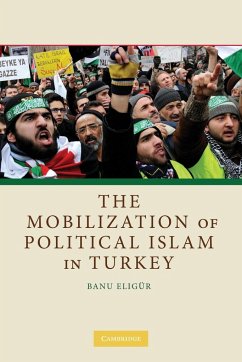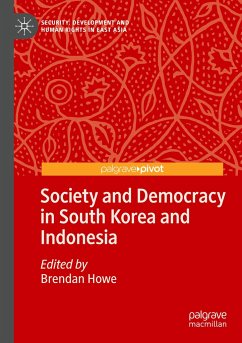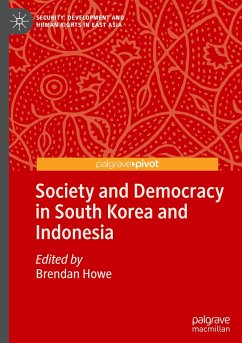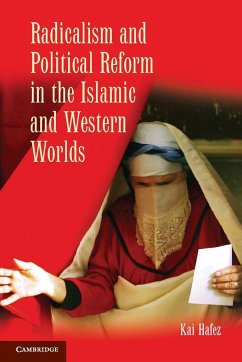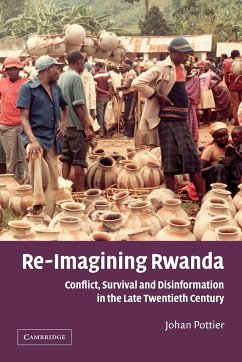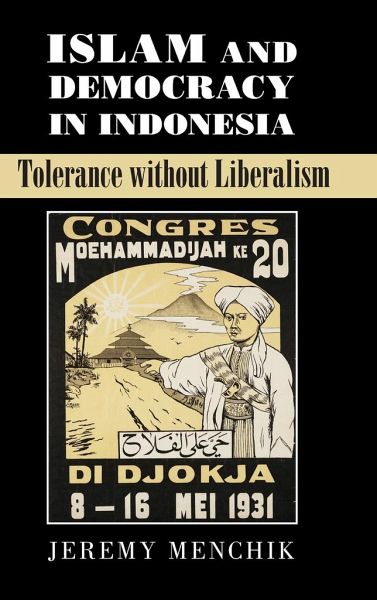
Islam and Democracy in Indonesia
Versandkostenfrei!
Versandfertig in 1-2 Wochen
86,99 €
inkl. MwSt.
Weitere Ausgaben:

PAYBACK Punkte
43 °P sammeln!
Indonesia's Islamic organizations sustain the country's thriving civil society, democracy, and reputation for tolerance amid diversity. Yet scholars poorly understand how these organizations envision the accommodation of religious difference. What does tolerance mean to the world's largest Islamic organizations? What are the implications for democracy in Indonesia and the broader Muslim world? Jeremy Menchik argues that answering these questions requires decoupling tolerance from liberalism and investigating the historical and political conditions that engender democratic values. Drawing on ar...
Indonesia's Islamic organizations sustain the country's thriving civil society, democracy, and reputation for tolerance amid diversity. Yet scholars poorly understand how these organizations envision the accommodation of religious difference. What does tolerance mean to the world's largest Islamic organizations? What are the implications for democracy in Indonesia and the broader Muslim world? Jeremy Menchik argues that answering these questions requires decoupling tolerance from liberalism and investigating the historical and political conditions that engender democratic values. Drawing on archival documents, ethnographic observation, comparative political theory, and an original survey, Islam and Democracy in Indonesia demonstrates that Indonesia's Muslim leaders favor a democracy in which individual rights and group-differentiated rights converge within a system of legal pluralism, a vision at odds with American-style secular government but common in Africa, Asia and Eastern Europe.





